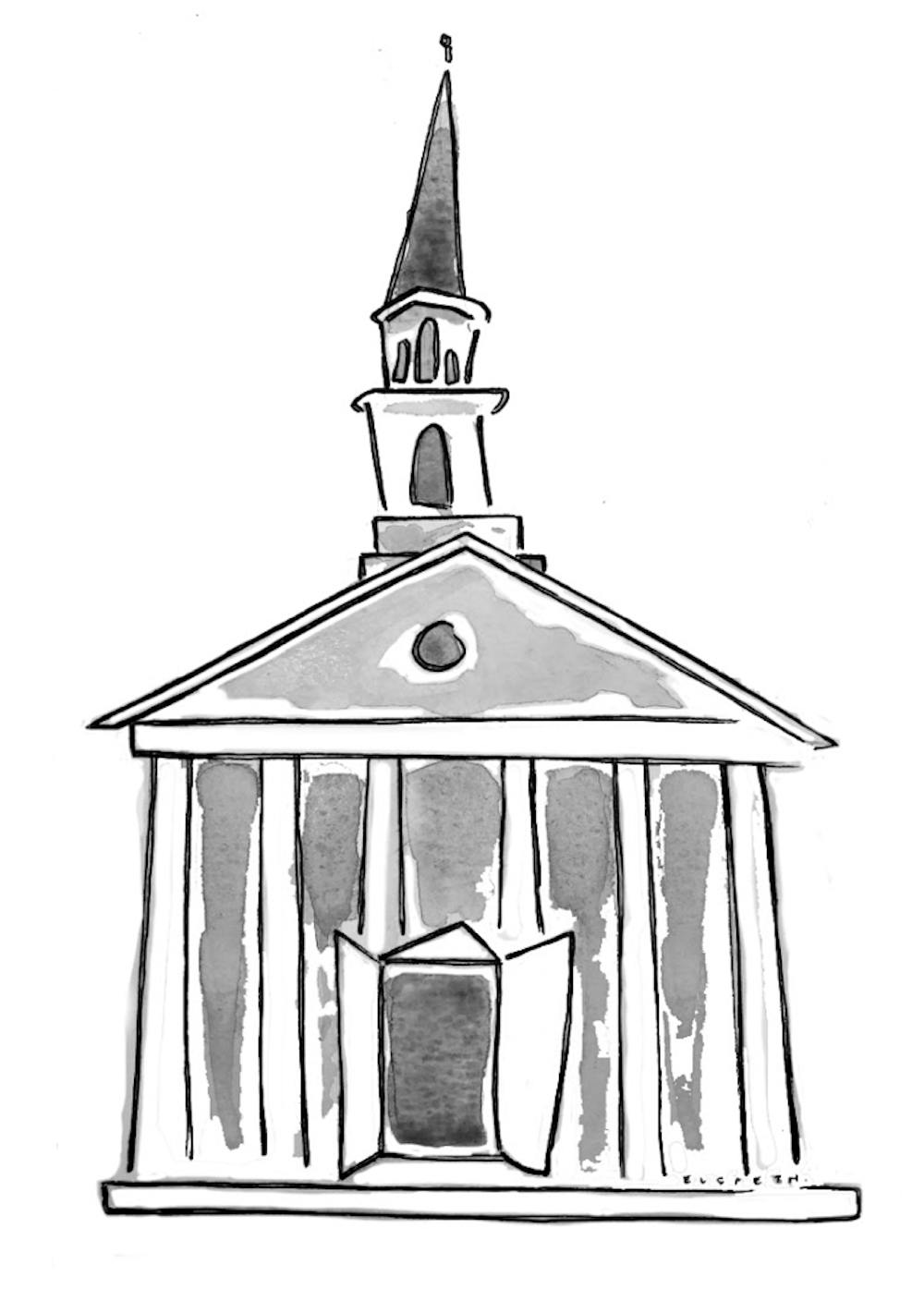I love working at Middlebury. I’ve been here 26 years, and have seen a lot of changes over that time. I was involved in the original creation of what was then the International Studies major in the mid-1990s, and have always appreciated Middlebury’s global reach. Now, as Middlebury’s chief academic officer, I occupy a unique position from which to observe and appreciate Middlebury’s vast array of academic offerings that span the globe. I also have the good fortune to be charged with transforming the Envisioning Middlebury strategic framework into action.
Through the Envisioning Middlebury process, we clearly articulated our mission and vision to guide us in developing the institution’s direction and priorities. The world is evolving, demographics are shifting and students and their learning styles are changing. The Envisioning Middlebury strategic framework acknowledges those changes and provides the guideposts for Middlebury to sit at the forefront of innovation in the liberal arts.
As an institution, we discovered (or, perhaps more accurately, rediscovered) that Middlebury has an incredible variety of pedagogies, of ways of learning, and ways of knowing. Our exceptional faculty at the undergraduate college, the Language Schools, our institute in Monterey, the Bread Loaf School of English, the School of the Environment and the Schools Abroad provide this diversity of pedagogies. Among liberal arts colleges, we are unique in the opportunities we offer our students.
In particular, the Envisioning Middlebury process highlighted our unique global network, a network that I experience and appreciate every day. One of our major goals is to open pathways throughout this very network, so that students can experience firsthand the diversity of our pedagogy, the benefits of place-based learning and the value of intercultural competence. We already know how this works for students at our Schools Abroad, who encounter different cultures and educational systems around the world with the guidance of faculty and staff colleagues at our various sites. But this can expand even further. We can treat our institute in Monterey as, in effect, another site for our students to study and take full advantage of the many areas where the Institute excels.
To this end, last fall, we started a program in non-proliferation and terrorism studies at the institute that a number of undergraduates have taken advantage of. We are also now in the early planning phase to create a semester away in Monterey for undergraduates that focuses on environmental issues specific to the Monterey peninsula and California. Students will learn from the expert faculty at the institute, and the knowledge and skills they learn from this semester will help prepare them to address one of the world’s most challenging problems: climate change. Addressing such global challenges is core to Middlebury’s mission.
[pullquote speaker="" photo="" align="center" background="on" border="all" shadow="on"]Middlebury has an incredible variety of pedagogies, of ways of learning, and ways of knowing.[/pullquote]
In addition to using our impressive variety of places and expertise, we can also cross-pollinate our pedagogies to enhance student learning. The Beyond the Page project represents an example of such cross-pollination. For years, theater arts have been a significant component of teaching and learning at the Bread Loaf School of English. Theater arts promote intellectual risk-taking and help build trust in our learning community at Bread Loaf. The Beyond the Page project will bring the Bread Loaf pedagogy to the undergraduate college through a partnership with college faculty and students. We know that this particular kind of teaching and learning is effective at Bread Loaf, and if pedagogy works well in one place, we should build on this throughout the institution.
To accomplish these and other goals, I work closely with my colleagues on the Provost’s Academic Council: Vice President for Academic Affairs and Dean of the Faculty Sujata Moorti , Vice President for Academic Affairs and Dean of the Institute Jeff Dayton-Johnson, Vice President for Academic Affairs and Dean of the Language Schools Steve Snyder, and Dean of International Programs Carlos Velez. Together, we form the core academic leadership of Middlebury, and are currently working to further the goals of Envisioning Middlebury. In my office’s recent call for special funding proposals, we outlined our priorities as: strengthening the global network of Middlebury programs through collaboration and partnership, enhancing digital fluency and critical engagement, building learning communities of faculty and students, and promoting our Energy 2028 goals. Each of these priorities reflects our strategic framework. We are enthused and energized by the submissions we have received thus far and we look forward to watching and guiding these projects to advance Middlebury’s strategic vision.
This is exciting work. It’s why I love doing what I do.
Jeff Cason is the Provost and Edward C. Knox Professor of International Studies and Political Science.
SLG corner: Provost Jeff Cason

Comments



